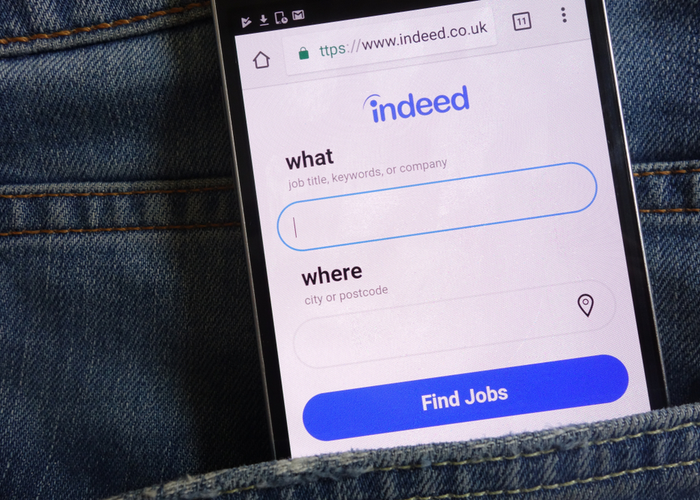
If you're employed, you spend most of your week at work; it's a non-neutral activity due to to the notions of performance, quality, competence and carrying personal, professional and socio-economic issues. This is why the world of work so often rhymes with high, peak, or chronic stress levels. Now, Indeed is revealing the results of its study on how stress affects talent in France, from job sourcing to interviews to performance and beyond.
The initial figure is alarming and unsurprising: 66% of respondents say they're noticeably stressed by their professional life alone.
Finding a job is the most stressful step of a career
When the French evaluate which three stages of their career have been the most stressful, they choose the interviewing process (61%), dealing with co-worker or management conflicts (54%), and the fear of failing to find an adequate job (48%).
Over half of the respondents (52%) asserted that job hunting was "absolutely stressful" or even "the most stressful moment of their life" (15%). This last figure jumped to an almost-doubled 27% among young people aged 18 to 24, highlighting the crucial challenge of obtaining a job for those who are just beginning their lives.
Only 17% said they had a serene job search experience.
When it comes to looking for a job, the main fears were:
As for the job interview itself, the eternal dreaded exercise, it is experienced as a real test of mettle by candidates, 61% of which said it made them feel "anguish" and 34% "fearful".
It should be noted that the experience is not negative for all: 27% of respondents felt "excitement" and 4% even "euphoric". For 22% of young people aged 18 to 24, the job interview is above all a point of personal pride, in a context where it is not easy to win.
Another often uncomfortable or even laborious moment: wage bargaining. The Indeed study reveals that 57% of French people have little confidence in their expectations when presenting their salary claims during a job interview, and only 7% expressed great confidence.
No respite once in office
Once you get the job, there are still plenty more aforementioned opportunities to be overwhelmed by stress.
Among the respondents working in VSEs and SMEs with less than 50 employees in particular, the fear of not integrating with company culture is even higher (49%), highlighting the stakes determining that this parameter represents in a small company.
As for the respondents in the Ile-de-France region, they prioritized the fear of not finding a balance between private life and professional life (33%), a problem particularly present in this geographical area with record transport times and difficulties.
The study also compared the respondents to comparisons between professional and personal events in terms of the amount of stress felt. Here are the results of these unusual dilemmas:
Stress, however, compromises the chances of a successful career
All this might be anecdotal - if not for the fact that stress was the ultimate enemy of professional success.
More than half of the French (53%) think they have already compromised their chances of getting the job they wanted because of the stress they felt and expressed in a job interview. For 28%, this happens frequently, with 10% even stating that stress is the main cause of their unsuccessful interviews (this doubles to 20% among young people aged 18 to 24).
The study also reveals that 46% of French people have already made professional decisions that they regretted because of stress. An uncomfortably high 43% felt they were greatly inhibited by their work stress, in that it led to a lack of self-confidence which in turn prevented them from asking for a promotion or raise.
Stress was also the source for 28% who declined to take on more responsibilities.
The relational factor is anything but negligible: 41% of people have resigned because of stress, saying that their work had become unbearable despite still having interest in their position.
The consequences extend even out of losing a job, as financial stress can lead to accepting a position the individual isn't interested in (41%), further skewing the search for talent for businesses as well.
In the end, Indeed calls it proof that companies must tackle this problem head-to-head if they're looking to boost not only their performance, but that of their employees.
Join us November 12-15 for the Property Portal Watch Conference Madrid 2019.